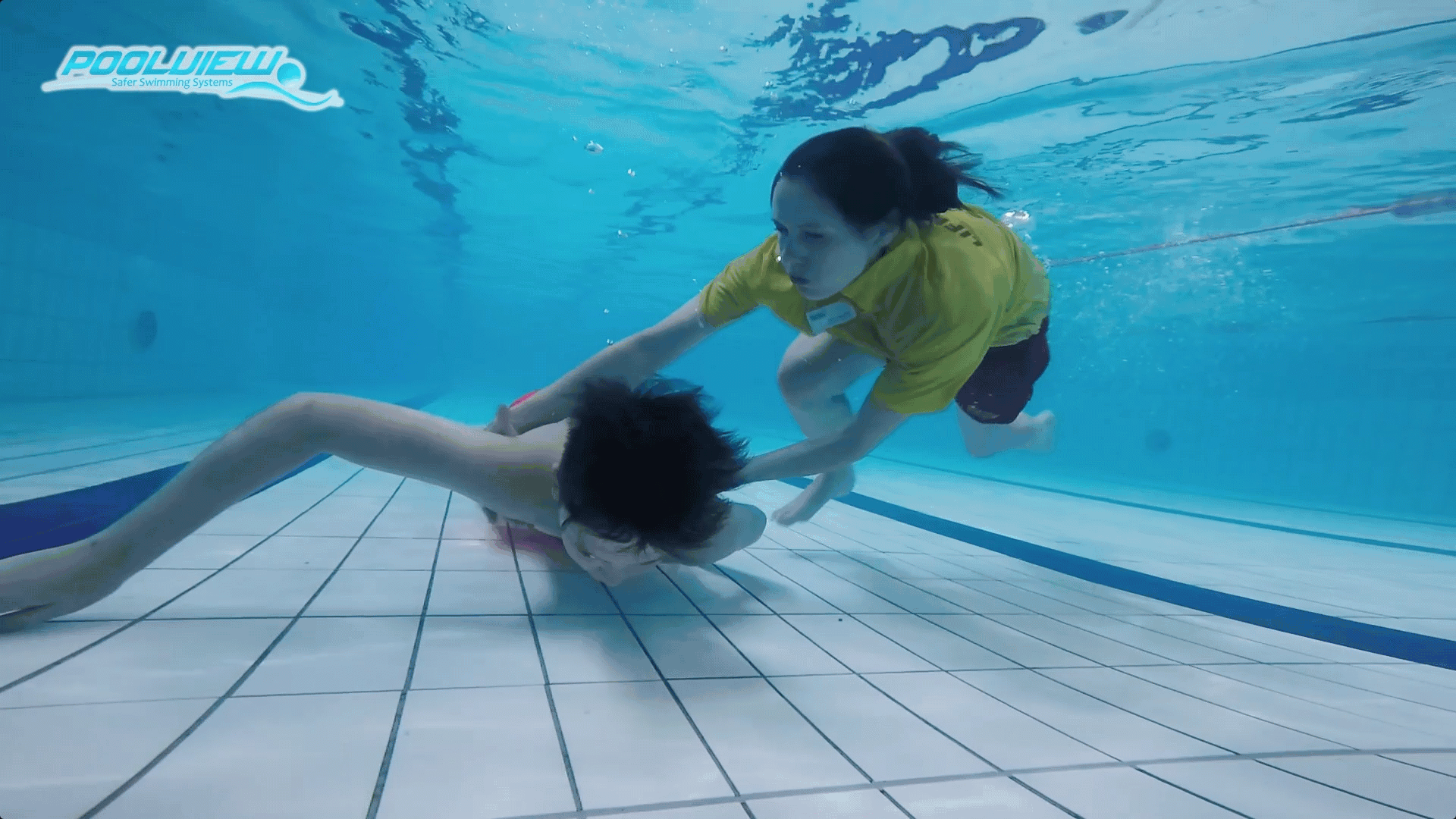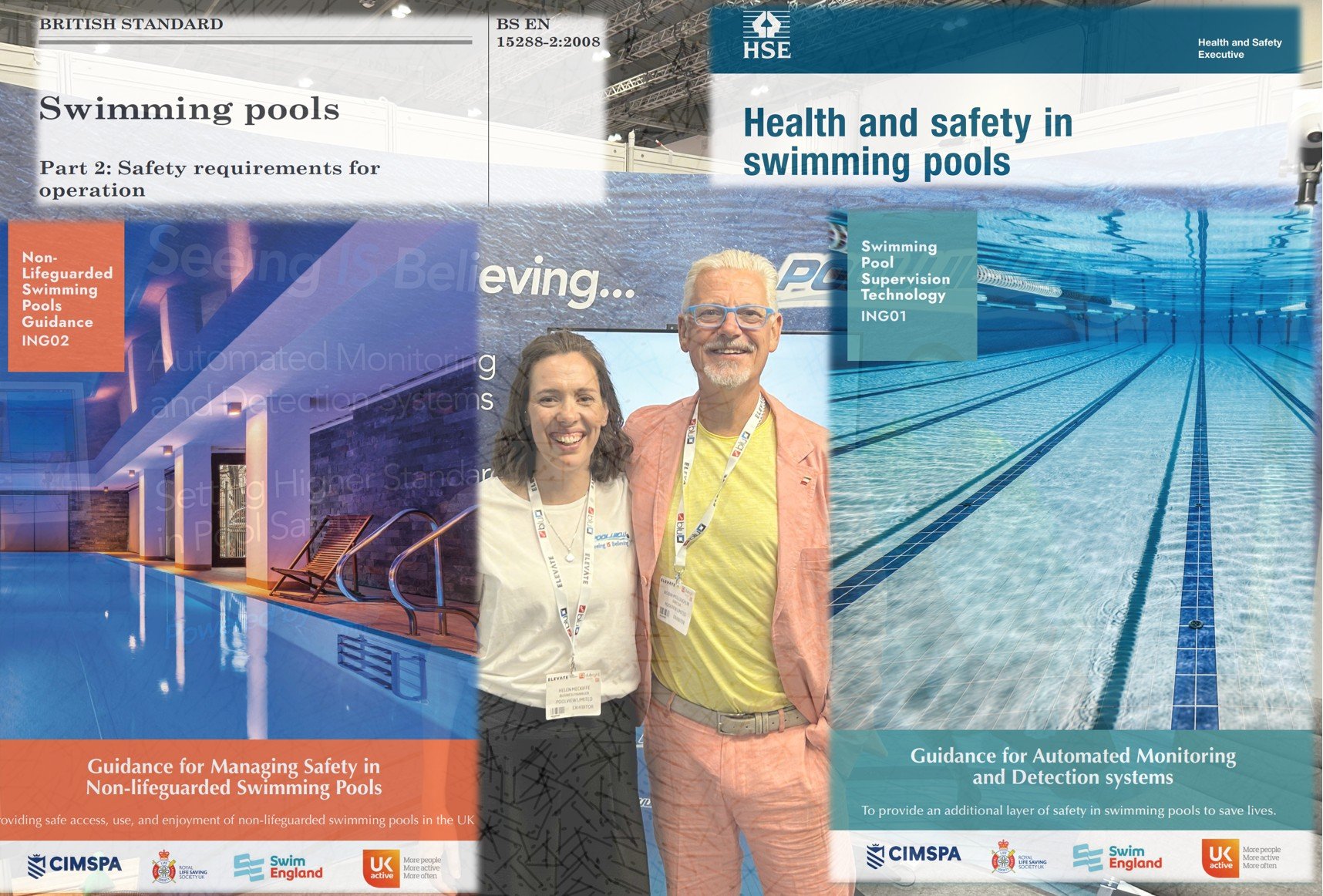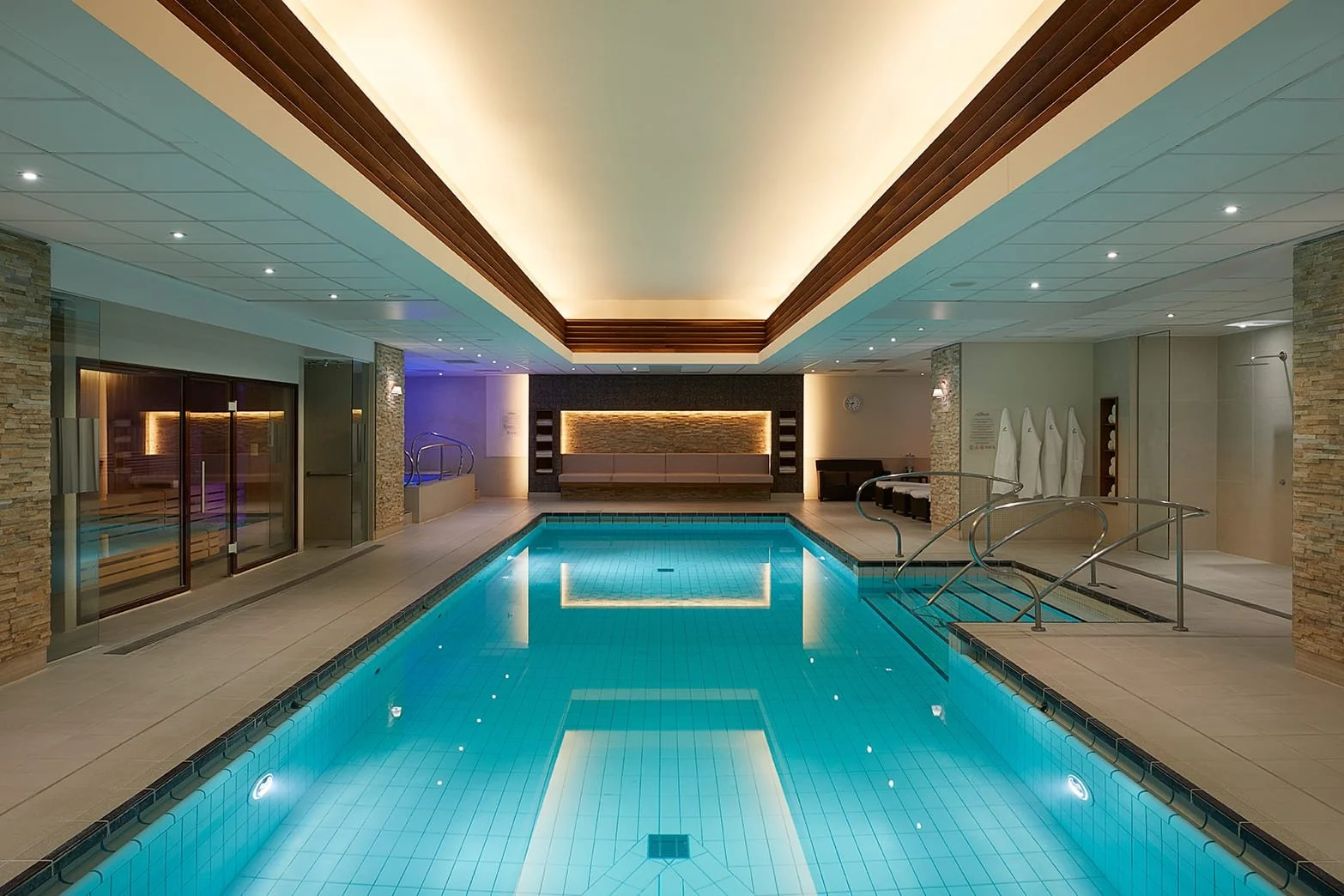I count myself really lucky in the role I have in Poolview Ltd. I get to travel around the country - visiting swimming pools, talking to Lifeguards, Supervisors, Plant Engineers, Duty Managers, General Managers, Contract Managers, Directors, Architects, Structural Engineers, Water Experts, Manufacturers, Governing Bodies, Drowning Prevention Experts and Technologists, actually the list goes on and on - it’s quite impressive when I write it down and look and realise that I really am blessed to be ‘allowed’ into many of these people’s lives.
What binds us all together (whether some of them want it or not!) is my drive to constantly push the notion of Drowning Prevention Technology (DPT) to support Lifeguards, to maybe somehow stop a tragedy occurring in someone’s pool and avert the heartache for all the unfortunate individuals that may get caught up in the subsequent ramifications.
"It will never happen here"
I have written about how the most effective layer of protection can be added within the pools design - long before a sod of turf has even been cut.
Sometimes though, something happens that makes me stop and think about the ‘BIGGER’ picture, about the importance of each element, understanding that the whole is greater than the sum of its parts.
What am I getting at here?
Let me elaborate, what if every pool in the country was of an identical design? The best you can get in terms of perfect water, lines of sight, zero glare, the best DPT that exists etc. etc. in other words NO design flaws - No faults - you get my drift? Would outcomes be any different? Fewer fatalities or near misses?
In my opinion - not really, well not significantly.
So what would cause the inconsistency?
You have probably concluded correctly - we do – ‘us individuals’.
Let me put this on record - I’m a fan of the RLSS and always have been. Since I did my Bronze Medallion in 1981 - stumbled into the industry as a Lifeguard without a care or worry in the world!
The RLSS works tirelessly to raise standards, to ensure that the effectiveness of lifeguards with their qualification is second to none in the world. Constantly reviewing and fine tuning the NPLQ, ‘Guarding Lives - Saving Lives’.
So how come when I go into facilities, watch Lifeguards, read NOP’s and EAP’s, talk to management and staff - both on and off record that I hear and see so many inconsistencies?
Any Lifeguard with an NPQL has a brilliant resource behind them - a handbook second to none - almost step by step guidance to cover every eventuality. The Trainer Assessors have an excellent and evolving training package to work from and this coupled with drive and enthusiasm should be producing consistent, effective and excellent highly trained Lifeguards. -
Here is where I think the root of the problem lies – complacency:
“It will never happen here”
“We have never had a fatality”
“No-one has drowned here in 30 years”
“We have it covered - don’t you worry”
All of the above have been said to me personally on my travels (although only on very odd occasions). Thankfully - fatalities in lifeguarded swimming pools are rare events in the UK. Swimming is relatively low risk in the big scheme of things.
You know what though? If you haven’t had a drowning or near drowning, you’re lucky and on the right side of probability - you might be due one. So Lifeguards need to stay alert, be well drilled and trained, TOTALLY conversant with their NOP’s and EAP’s, understand the consequences of ‘bad lifeguarding’ and of course have the complete support of management. It’s difficult to beat an enjoyable, productive and inclusive series of staff training sessions?
There is by their very nature a greater exchange of best practice and continuity of standards amongst the larger ‘private’ leisure operators – how best to share these benefits between individual authorities is something to consider – cluster groups maybe?
We as an industry need to find a method of exchanging “near miss” information. In this way, we can keep the “It will never happen here” thoughts pushed firmly to the back. Again, this is where I am very fortunate. I get to hear on my travels many many “near miss” stories – these actually form the back bone of my Poolview training sessions – they are real and help push the message home to unsuspecting lifeguards.
We shouldn’t perhaps just let out a sigh of relief after a “near miss”, should we have a forum to “share lessons learned” or the “cause”? To make it REAL
Becoming a Lifeguard by passing an exam is only the start of a journey. The hardest and most important lessons learned comes from participation in different situations. The things we learn in real-life can never be learned from only books.
Surely Lifeguards can only benefit from hearing about “actual” incidents which really happened, how they unfolded and what the subsequent consequences were?
I remember being at a seminar session a few years ago which focused on three unfortunate UK fatalities in lifeguarded swimming pools. The entire forum dissected every single second and aspect of the incidents following the victims recovery from the water, right through to the inquest.
I remember leaving feeling empty and let down as not one speaker spoke about the most important aspect of each incident.
The 180 seconds before the rescue!
This is the information we need to share – ignorance is NOT bliss











